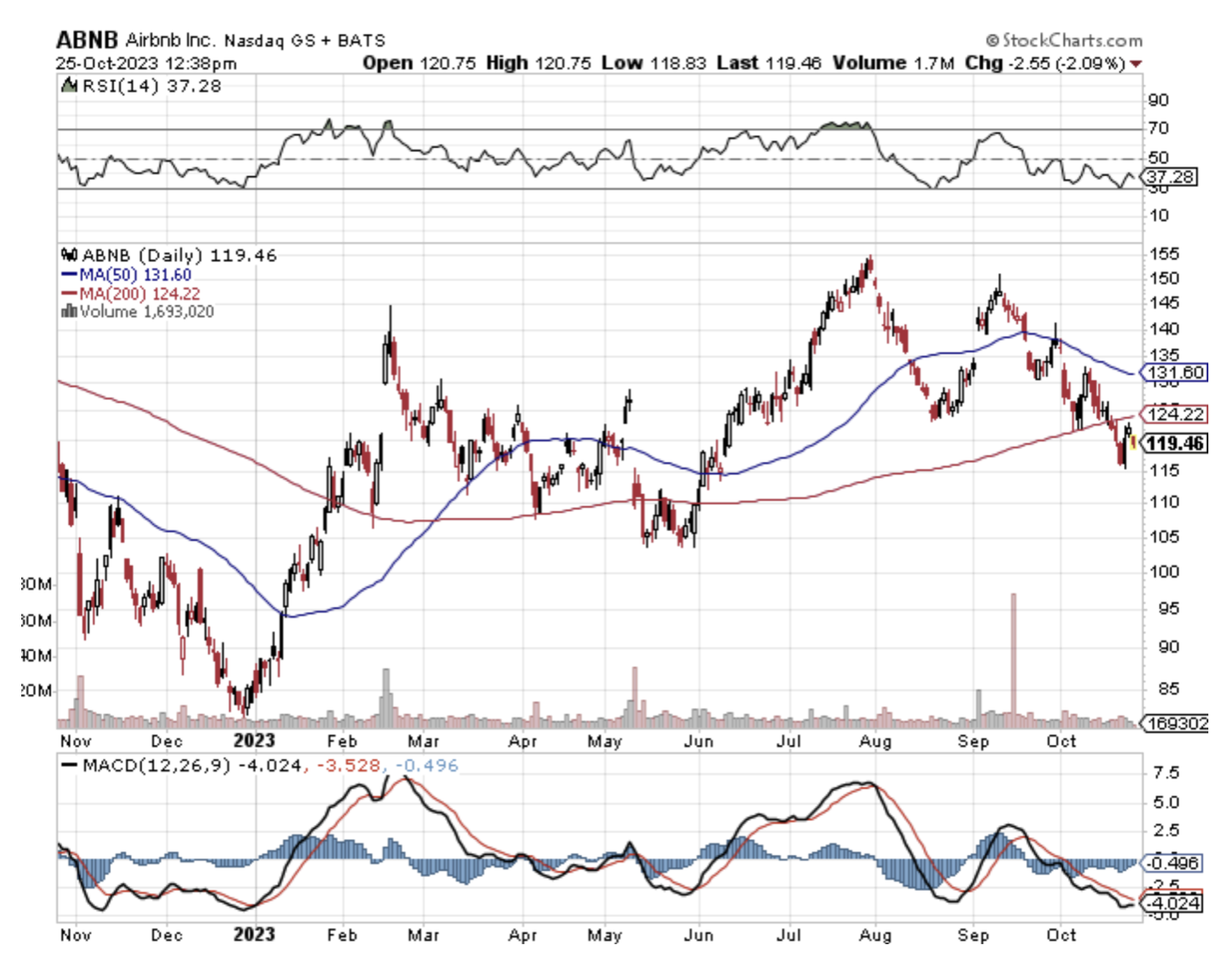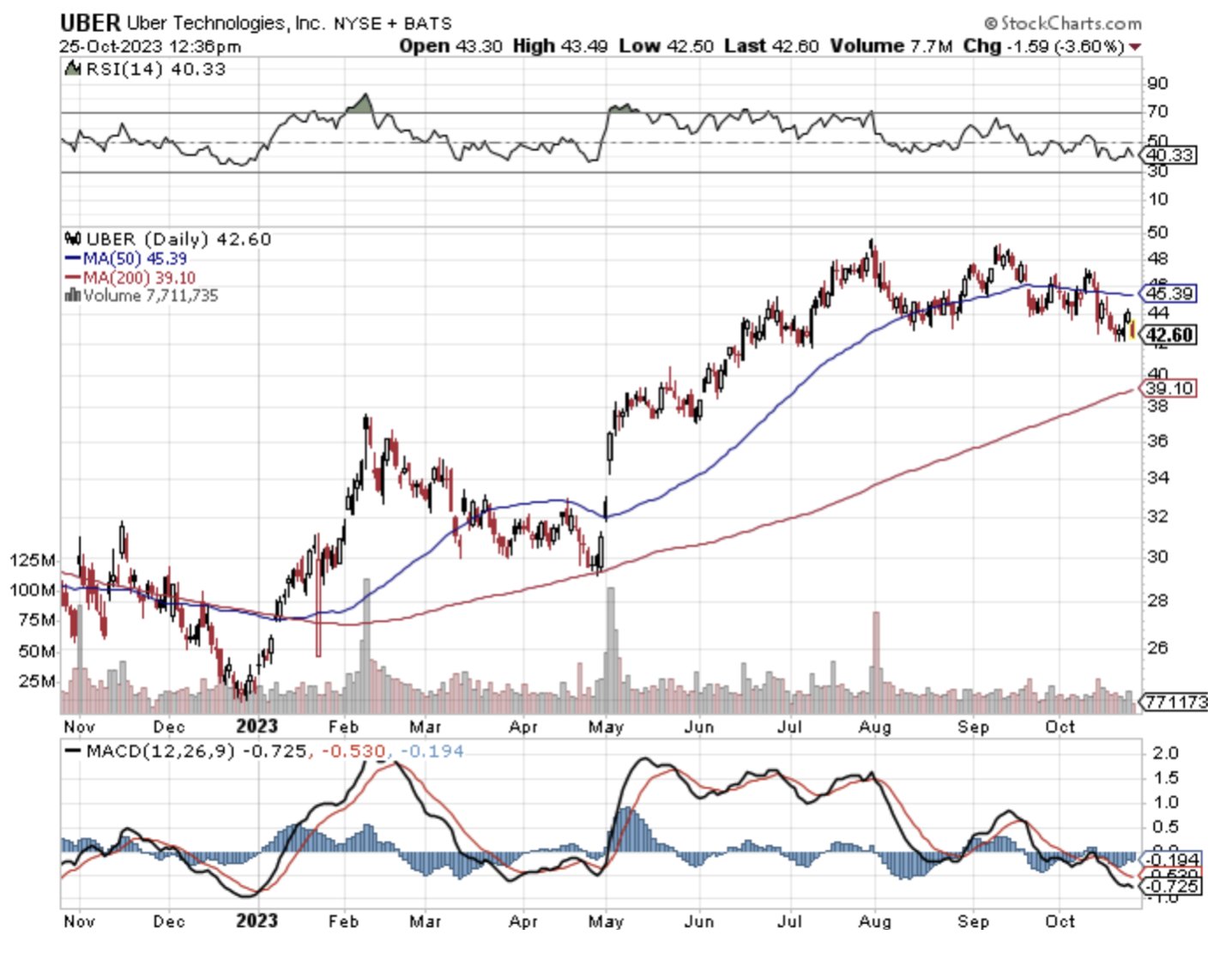America Shines While Europe Slumbers
Europe’s fintech companies are exploding.
The weakness in stock prices is emblematic of the broader malaise in the Eurozone economy.
The positive here is that the US economy keeps chugging along and on a relative basis, is leaps and bounds stronger than its counterpart.
Why does that matter?
The less money invested into European tech can be diverted into the likes of Tesla (TSLA), Nvidia (NVDA), Apple (APPL), and the rest of the American tech companies.
I absolutely see this as a zero sum game in a world where all the low-hanging fruit has been plucked.
In a globalized world, investors can really just dabble in whatever national market they seek to profit from with ease.
It’s really just a few taps of the screen.
Silicon Valley is already heavily entrenched in Europe with sprawling workforces in many of the 27 countries in which they arbitrage lower wages to their benefit.
If one ever hoped a local rival would root out American variants, it’s a hard slog ahead.
France’s worldline shares plummeted a record 59%, erasing €3.8 billion ($4 billion) of market value, after the French payments company slashed future forecasts.
The stock’s plunge echoes August’s huge fall in peer Adyen NV and follows Tuesday’s 72% drop in fintech CAB Payments Plc. Shares in Adyen declined 7.5% on Wednesday, while another peer, Nexi SpA, slid 18%.
Since then, worries over lofty valuations and a broader slowdown in consumer spending have brought the high-flying stocks back to earth. Adyen, Nexi, and Worldline have lost more than $33 billion in market value combined in the year to date.
Worldline said it now sees full-year organic revenue growth of 6% to 7%, down from a previous forecast of 8% to 10%. The company’s third-quarter sales also missed estimates.
Small fintech companies growing in the single digits is one of the biggest fopaux an up-and-coming fintech company can commit.
Management also complained that European consumers are tapped out.
They don’t have the money to allocate to “non-discretionary” items.
Europeans are basically paying for shelter, energy, and food.
If there is anything else left over, it’s not much. That’s what happens when the cost of living rises between two and three times.
Management also emphasized an acute slowdown in German consumer spending which hurts since these consumers are some of Europe fintechs biggest customers.
I do believe that many investors aren’t going to stay invested in Europe’s fintech space and it is ripe for consolidation which ironically could come from America’s magnificent 7 who have the deep pockets.
It’s a fragmented sub-sector of tech with some operators pigeonholed into one microscopic area of Europe like Andorra or Slovenia.
Technology scales but Europe is hard in the sense it must cut through a vast language, sprawling bureaucracy, high tax regimes, and cultural barriers not to mention different laws. Throw into the mix that multinationals have stopped supporting work visas for non-EU citizens and it is easy to understand why Europe is not ideal for starting tech firms.
The narrow path is why a company like Worldline generates revenue of around $1.2 billion per quarter as opposed to an American PayPal (PYPL) which does $8 billion per quarter.
If we look at the big boys like Google, quarterly revenue goes up to $80 billion per quarter highlighting how far back Europe is from the real upper echelon of American tech.
If Europe is getting trounced by the likes of PayPal, then investors can’t get angry when they get labeled the bush leagues of global technology.
Look at Silicon Valley and especially the tier 2 firms like Uber (UBER) or AirBnb (ABNB) for the real growth instead of Europe’s suffocation of free market technology.



